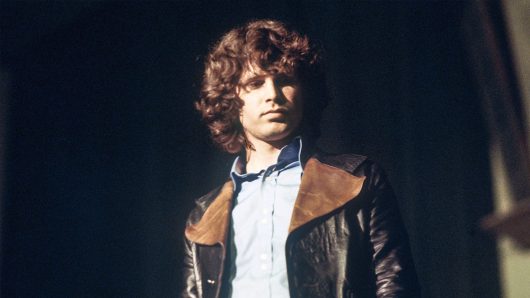Long considered to be one of the leading pioneers of progressive rock, Yes have enjoyed a hugely successful career that has seen them experiment with genres as diverse as psychedelia, folk, symphonic rock and even new-wave pop. From the unanimous critical praise that greeted their 1972 prog masterpiece, Close To The Edge, to the chart-topping commercial heights they reached in 1983, with the single Owner Of A Lonely Heart, Yes have undergone numerous line-up changes over the years but have consistently proven that the best Yes songs aren’t specific to any one era of the group’s long-running history.
Whether you enjoy the richness and complexity of the band’s early 70s output, or the radio-friendly pop brio of their 80s resurgence, Yes songs never fail to surprise with their musical prodigiousness and their melodic ingenuity. Here, then, are the group’s finest moments on record…
Listen to the best of Yes here, and check out our best Yes songs, below.
20: Don’t Kill The Whale (from ‘Tormato’, 1978)
Swimming along to a delectably funky groove, Don’t Kill The Whale sees Yes vocalist Jon Anderson tackle ecological concerns while guitarist Steve Howe makes a splash with a flurry of excitable riffs. With keyboardist Rick Wakeman upgrading his Mellotron to a Birotron, Don’t Kill The Whale was released as the sole single from the band’s ninth album, Tormato, and became a Top 40 hit, peaking at No.36 in the UK in September 1978.




